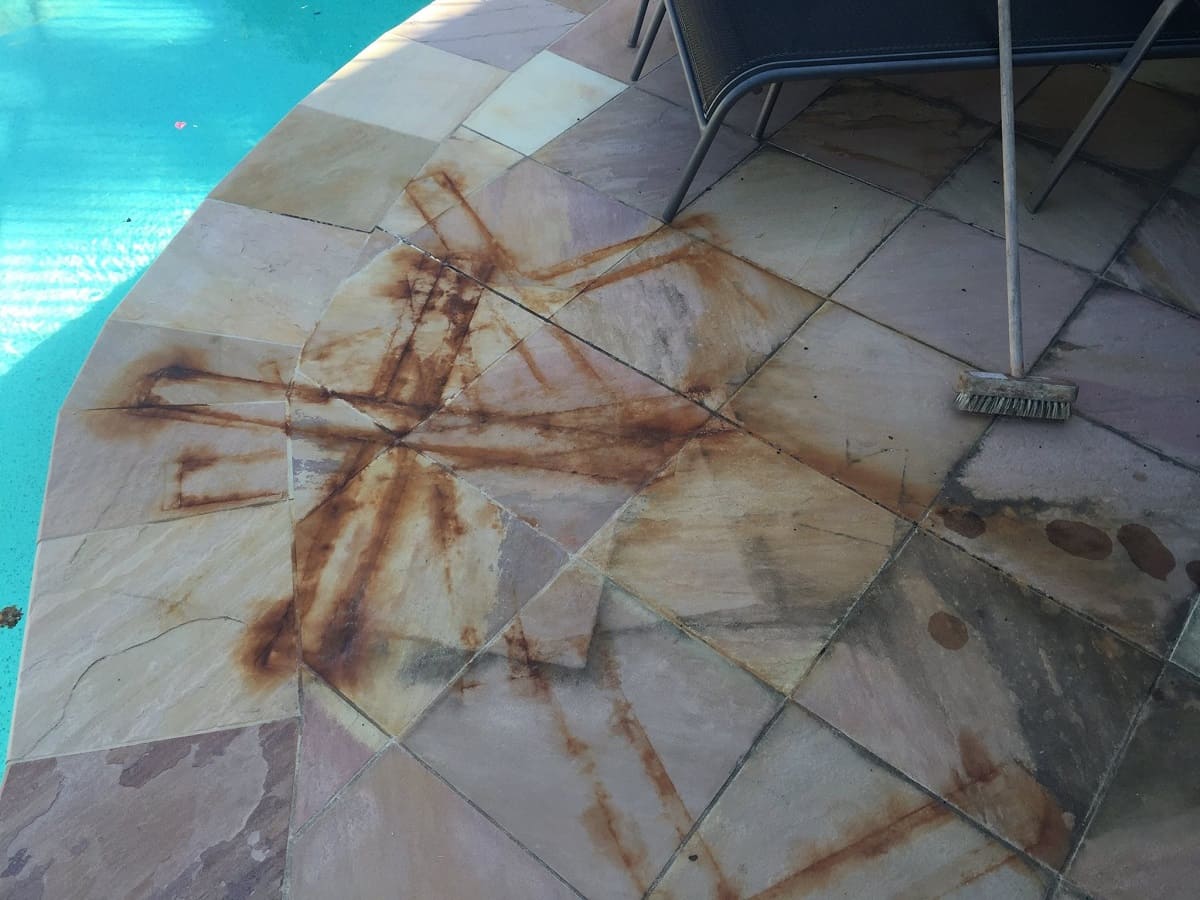

Articles
How To Get Rust Off Of Tile Floor
Modified: August 28, 2024
Learn effective methods for removing rust stains from tile floors with these helpful articles. Say goodbye to unsightly rust and restore the beauty of your tiled surfaces.
(Many of the links in this article redirect to a specific reviewed product. Your purchase of these products through affiliate links helps to generate commission for Storables.com, at no extra cost. Learn more)
Introduction
Welcome to our guide on how to get rust off of tile floors. If you’ve noticed unsightly rust stains marring the beauty of your tile flooring, you’re not alone. Rust can be challenging to remove, but with the right tools and techniques, you can restore your tile floor to its original pristine condition.
Rust stains on tile floors can occur due to various reasons, such as water containing iron deposits, metal objects left on the floor, or even a leaky pipe. Regardless of the cause, it’s essential to address rust stains promptly to prevent further damage and maintain the appearance of your tile flooring.
In this article, we will delve into the different methods for removing rust from tile floors, including homemade and commercial rust removers. We’ll also provide some tips on preventing future rust stains, so you can enjoy your beautiful tile floor for years to come.
Before we dive into the rust removal process, let’s first gain a better understanding of rust and how it forms on tile floors.
Key Takeaways:
- Say goodbye to unsightly rust stains on your tile floor by using homemade remedies like lemon juice and baking soda, or opting for commercial rust removers for a convenient and effective solution.
- Prevent future rust formation by managing moisture, using mats or rugs, avoiding metal contact, regular cleaning, sealing grout, and ensuring proper ventilation. With these proactive measures, enjoy a clean and rust-free tile floor for years to come!
Read more: How To Get Paint Off Tile Floor
Understanding Rust
Rust is a chemical reaction that occurs when iron or steel is exposed to moisture and oxygen. It is a common occurrence on metal surfaces, including tile floors that have a metallic component. When water or moisture comes into contact with the iron present in the tile or grout, it triggers a chemical reaction known as oxidation. This process leads to the formation of iron oxide, commonly referred to as rust.
Rust can be easily identified on a tile floor as reddish-brown stains or discoloration. Besides being unsightly, rust can also cause structural damage to the affected tile. If left untreated, it can weaken the flooring and lead to expensive repairs or replacements.
It’s important to note that not all tiles are prone to rust. Ceramic and porcelain tiles, for instance, are generally non-porous and less susceptible to rust stains. However, tiles with iron-rich components or metal embedded in them can still develop rust stains. Therefore, it’s essential to be vigilant and address any signs of rust promptly.
Now that we have a better understanding of how rust forms on tile floors, let’s explore the tools and materials you’ll need to effectively remove rust stains.
Tools and Materials Needed
Before you begin the process of removing rust from your tile floor, it’s important to gather the necessary tools and materials. Having everything prepared in advance will ensure a smooth and efficient process. Here are the tools and materials you’ll need:
1. Safety Gear: It’s essential to protect yourself during the rust removal process. Wear rubber gloves, safety glasses, and a respiratory mask to prevent any skin or eye irritation and to avoid inhaling any harmful fumes.
2. Scrubbing Brush: A stiff-bristled nylon brush or a wire brush will be helpful in scrubbing away the rust stains from the tile surface. Ensure the brush is suitable for use on tiles to prevent any damage.
3. Rust Remover: There are various options for rust removers, including homemade solutions and commercial cleaners. We’ll explore these options in more detail later in the article.
4. White Vinegar: Vinegar is a versatile household item that can be used as an effective rust remover. Its acidic properties help dissolve rust stains. You’ll need a bottle of white vinegar for this method.
5. Lemon Juice: Another natural option for rust removal is lemon juice. The citric acid present in lemon juice can help break down rust stains. Prepare fresh lemon juice or use bottled lemon juice for convenience.
6. Baking Soda: Baking soda is a mild abrasive that can help remove rust stains. It’s readily available in most households, making it an accessible option for rust removal.
7. Warm Water: You’ll need warm water to mix with your chosen rust remover or to dilute homemade solutions.
8. Bucket or Spray Bottle: Depending on the rust removal method, you may need a bucket or a spray bottle to mix and apply the rust remover.
9. Clean Cloth or Sponge: A clean cloth or sponge will be useful for scrubbing and applying the rust remover to the tile surface.
Now that you have all the necessary tools and materials, let’s move on to the next step: preparing the tile floor for rust removal.
Preparing the Tile Floor
Before you begin the process of removing rust stains from your tile floor, it’s important to properly prepare the surface. Taking the time to prepare the tile floor will ensure that the rust removal process is more effective and minimizes the risk of damaging the tiles. Follow these steps to prepare the tile floor:
1. Clear the Area: Remove any furniture, rugs, or objects from the tile floor that may obstruct your access to the rust stains. This will make it easier to clean and treat the affected areas.
2. Sweep or Vacuum: Thoroughly sweep or vacuum the tile floor to remove any loose dirt, dust, or debris. This will prevent these particles from scratching the surface of the tiles while you’re removing the rust stains.
3. Test in a Small Area: Before applying any rust removal solution to the entire floor, it’s advisable to test it in a small, inconspicuous area. This will ensure that the solution doesn’t cause any adverse reactions or damage to the tiles. Wait for a few minutes to observe the results before proceeding with the rest of the floor.
4. Read the Manufacturer’s Instructions: If you’re using a commercial rust remover, read the instructions provided by the manufacturer carefully. Follow the recommended guidelines to ensure the safe and proper use of the product.
5. Ventilate the Room: Ensure proper ventilation in the room by opening windows or using fans. This will help remove any fumes or odors that may be emitted by the rust removal solutions or cleaners.
By following these preparation steps, you’re ready to move on to the next phase: removing the rust stains from your tile floor. In the next section, we’ll go over different methods for removing rust stains, including homemade rust removers and commercial products.
Removing Rust Stains
Now that you have prepared the tile floor, it’s time to focus on removing the rust stains. There are several methods you can use to effectively eliminate rust stains from your tile floor. Here are some of the most commonly used approaches:
1. Homemade Rust Removers: There are several homemade solutions that can be effective in removing rust stains from tiles. One popular option is to create a paste using equal parts of lemon juice and baking soda. Apply the paste to the rust-stained areas and let it sit for a few minutes. Then, use a scrubbing brush to gently scrub the stains. Rinse the area with warm water to remove any residue.
Another homemade rust remover is a mixture of white vinegar and warm water. Create a solution with one part vinegar and two parts water. Apply the solution to the rust stains and let it sit for a few minutes before scrubbing with a brush. Rinse the area thoroughly with warm water afterward.
2. Commercial Rust Removers: There are a variety of commercial rust removers available on the market that are specifically formulated for removing rust stains. These products can be highly effective and convenient to use. Follow the instructions provided by the manufacturer for the best results. Remember to wear gloves and protective eyewear when using commercial rust removers.
3. Scrubbing: In some cases, simply scrubbing the rust stains with a stiff-bristled brush and warm, soapy water can help to remove them. Start by dampening the affected area with warm water. Apply a small amount of mild dish soap on the brush and scrub the rust stains gently. Rinse the area thoroughly with warm water to remove any soap residue.
It’s important to note that not all methods may work equally well for every tile floor. It may require some trial and error to find the most effective method for your specific situation. Additionally, it’s always a good idea to start with the mildest solution and gradually increase the strength if necessary.
Once you have successfully removed the rust stains, it’s important to take the necessary precautions to prevent future rust formation on your tile floor. In the next section, we’ll discuss some tips for preventing future rust.
To remove rust from tile floors, create a paste of baking soda and water, apply it to the rust stain, and let it sit for 10-15 minutes. Then, scrub the area with a brush and rinse with water. Repeat if necessary.
Read more: How To Get Tile Glue Off Floor
Homemade Rust Removers
If you prefer to use natural and inexpensive solutions, there are several homemade rust removers that can be effective in removing rust stains from your tile floor. These remedies often utilize common household ingredients that you may already have on hand. Here are some popular homemade rust removers:
1. Lemon Juice and Baking Soda: Create a paste by combining equal parts lemon juice and baking soda. The citric acid in the lemon juice helps break down rust stains, while the baking soda acts as a mild abrasive. Apply the paste to the rust stains and let it sit for a few minutes. Use a scrubbing brush to gently scrub the stains, then rinse the area with warm water to remove any residue.
2. White Vinegar: Vinegar is a versatile product that can be used for various cleaning purposes, including rust removal. Its acidic nature helps dissolve rust stains. Apply undiluted white vinegar directly to the rust stains and let it sit for a few minutes. Scrub the stains with a brush, then rinse the area thoroughly with warm water.
3. Salt and Lime/Lemon Juice: Sprinkle salt generously on the rust stains, then squeeze fresh lime or lemon juice over the salt until it forms a paste. Let the mixture sit on the stains for a few hours or overnight to allow the acids in the juice to break down the rust. Scrub the stains with a brush and rinse the area with warm water.
4. Baking Soda and Water: Make a thick paste by mixing baking soda and water. Apply the paste to the rust stains and let it sit for a couple of hours. Scrub the stains with a brush, then rinse the area thoroughly with warm water.
These homemade rust removers can be effective in removing rust stains from tile floors. However, it’s important to note that results may vary depending on the severity of the stains and the specific type of tile. It’s always a good idea to test the homemade solution in a small, inconspicuous area before applying it to the entire floor.
Remember to wear gloves and protective eyewear when using any homemade rust remover, as the ingredients can be acidic and may cause skin or eye irritation. If you prefer a commercial rust remover, there are several options available as well. We will explore those in the next section.
Commercial Rust Removers
If you prefer a convenient and ready-to-use solution, there are various commercial rust removers available on the market that are specifically formulated to tackle rust stains. These products often contain powerful chemicals designed to dissolve rust and restore the appearance of your tile floor. Here are some popular commercial rust removers:
1. CLR Calcium, Lime, and Rust Remover: CLR is a well-known brand that offers a range of cleaning products, including a rust remover. This product is effective in removing rust stains from a variety of surfaces, including tiles. Follow the instructions provided on the bottle for the best results.
2. Iron Out Rust Stain Remover: Iron Out is another popular brand that specializes in rust stain removal. Their rust stain remover is specifically formulated to target tough rust stains on surfaces like tile floors. It’s easy to use and can be applied directly to the rust-stained areas. Follow the instructions provided by the manufacturer for optimal results.
3. Evapo-Rust Rust Remover: Evapo-Rust is a non-toxic and environmentally friendly rust remover. While it may not be as readily available as other commercial rust removers, it is highly effective in removing rust stains from a variety of surfaces, including tile floors. Follow the instructions provided by the manufacturer for safe and proper use.
4. Rust-Oleum Rust Dissolver Gel: This gel-based rust remover is designed to cling to vertical surfaces, making it ideal for removing rust stains from tiled walls and floors. Apply the gel to the rust stains, let it sit for the recommended time, then scrub the stains and rinse the area thoroughly with water.
When using commercial rust removers, it’s important to carefully read and follow the instructions provided by the manufacturer. Some products may require you to wear protective gloves, glasses, or masks while using them. Additionally, always ensure proper ventilation by opening windows or using fans to avoid inhaling any fumes from the products.
Commercial rust removers can be highly effective in removing rust stains from tile floors. However, it’s always a good idea to test the product in a small, inconspicuous area first to ensure compatibility with your tiles and to avoid any potential damage.
Regardless of whether you choose a homemade or commercial rust remover, the most important thing is to select a method that works best for your specific situation. With the right approach, you’ll be able to restore the beauty of your tile floor and eliminate those pesky rust stains.
Preventing Future Rust
Now that you have successfully removed the rust stains from your tile floor, it’s important to take preventive measures to avoid future rust formation. Here are some tips to help you prevent rust from reoccurring:
1. Manage Moisture and Humidity: Excessive moisture and humidity can contribute to the formation of rust. Be mindful of any sources of water near your tile floor, such as leaky pipes or faucets. Make sure all plumbing fixtures are in good working condition and promptly address any water leaks or spills on the floor. Additionally, consider using a dehumidifier to control humidity levels in the room.
2. Use Mats or Rugs: Place mats or rugs in areas where water is likely to accumulate, such as near sinks, showers, or entryways. These mats or rugs will help absorb any moisture and prevent it from coming into contact with the tile floor, reducing the risk of rust formation.
3. Avoid Metal Contact: Prevent metal objects from coming into direct contact with the tile surface. Metal items can leave behind rust stains if they are wet or if they have rusty edges. Use coasters or protective pads underneath metal objects to prevent direct contact with the tile floor.
4. Clean Regularly: Regularly cleaning your tile floor can help prevent the buildup of dirt, moisture, and other substances that can contribute to rust formation. Use a gentle, pH-neutral cleaner specifically designed for tile floors to maintain their appearance and help prevent rust stains.
5. Seal Grout: If your tile floor has grout lines, it’s important to properly seal them. Grout is porous and can absorb moisture, increasing the risk of rust formation. Apply a grout sealer to protect the grout lines and make them less prone to staining and moisture absorption.
6. Proper Ventilation: Ensure that the room where the tile floor is located has proper ventilation. Good airflow helps reduce humidity levels, preventing the accumulation of moisture that can lead to rust formation. Use fans or leave windows open when possible to improve air circulation.
By implementing these preventive measures, you can significantly reduce the likelihood of rust stains reappearing on your tile floor in the future. Regular maintenance and vigilance are key to keeping your floor rust-free and maintaining its beauty.
With proper care and attention, you can enjoy your clean and rust-free tile floor for years to come!
Conclusion
Removing rust from your tile floor can be a challenging task, but with the right tools, techniques, and preventive measures, you can restore the beauty of your flooring and keep it rust-free. Whether you opt for homemade rust removers or commercial products, it’s essential to choose a method that suits your specific situation.
Understanding the nature of rust and its causes is crucial in effectively tackling rust stains on tile floors. By identifying the source of moisture and taking steps to manage it, you can prevent future rust formation. Regular cleaning, using mats or rugs, and avoiding direct metal contact are simple but effective preventive measures that help maintain the condition of your tile floor.
Whether you choose natural homemade remedies or rely on commercial rust removers, always follow the instructions provided by the manufacturer and exercise caution, using proper safety gear when necessary. Testing the solution in a small area before applying it to the entire floor helps ensure compatibility and prevents potential damage.
By taking proactive steps to prevent rust and addressing any rust stains promptly, you can enjoy a clean, rust-free tile floor that enhances the overall aesthetic appeal of your living spaces. Regular maintenance and attention will go a long way in preserving the beauty and longevity of your tile flooring.
We hope this guide has been helpful in providing you with valuable insights and techniques for getting rid of rust stains on your tile floor. With patience, the right tools, and a proactive approach, you’ll be able to restore the shine and beauty of your tile floor, allowing you to enjoy a clean and rust-free environment for years to come.
Frequently Asked Questions about How To Get Rust Off Of Tile Floor
Was this page helpful?
At Storables.com, we guarantee accurate and reliable information. Our content, validated by Expert Board Contributors, is crafted following stringent Editorial Policies. We're committed to providing you with well-researched, expert-backed insights for all your informational needs.
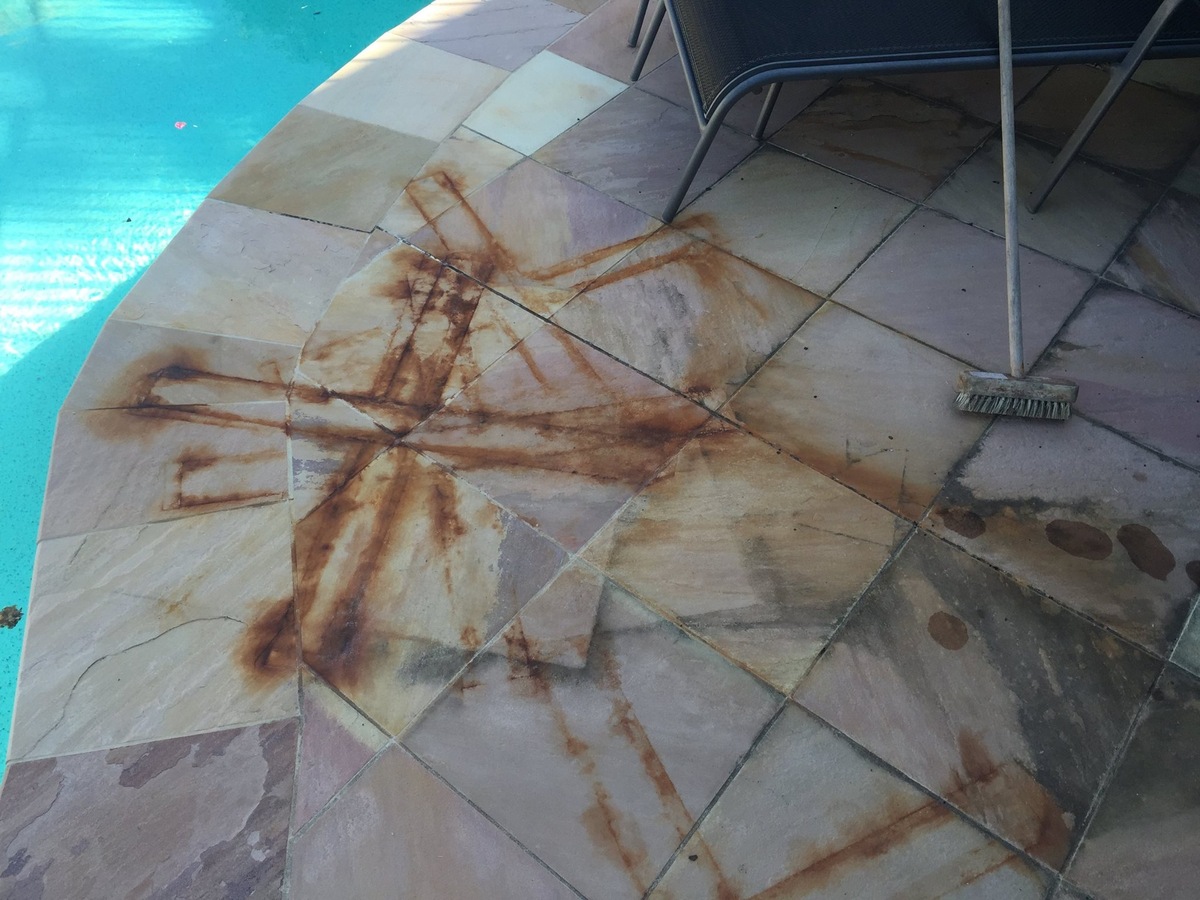
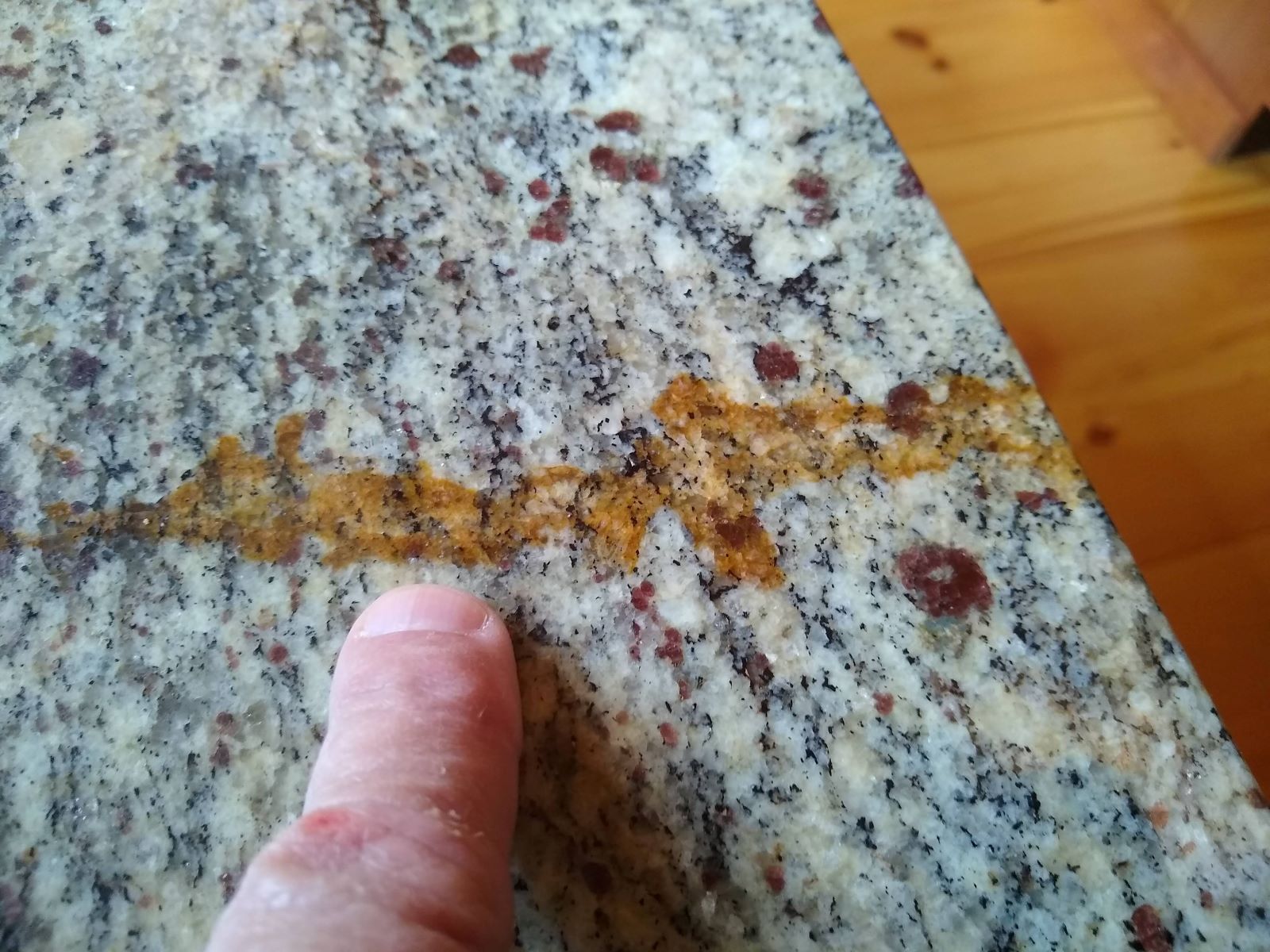
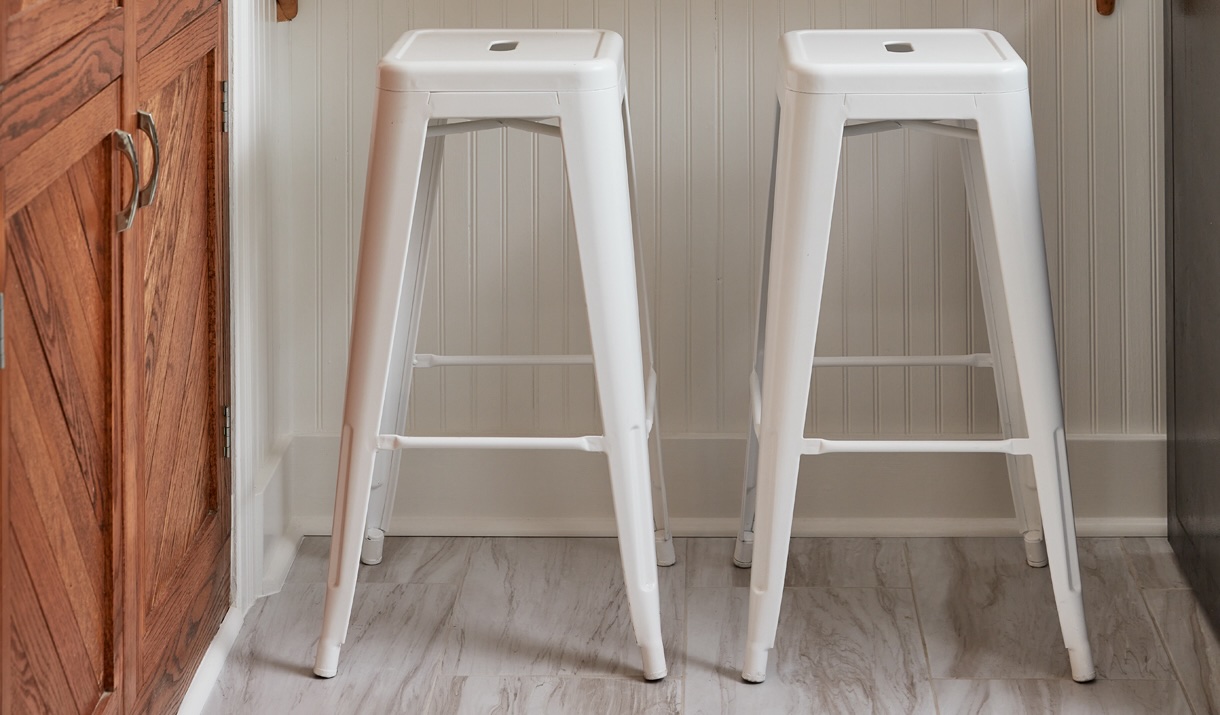
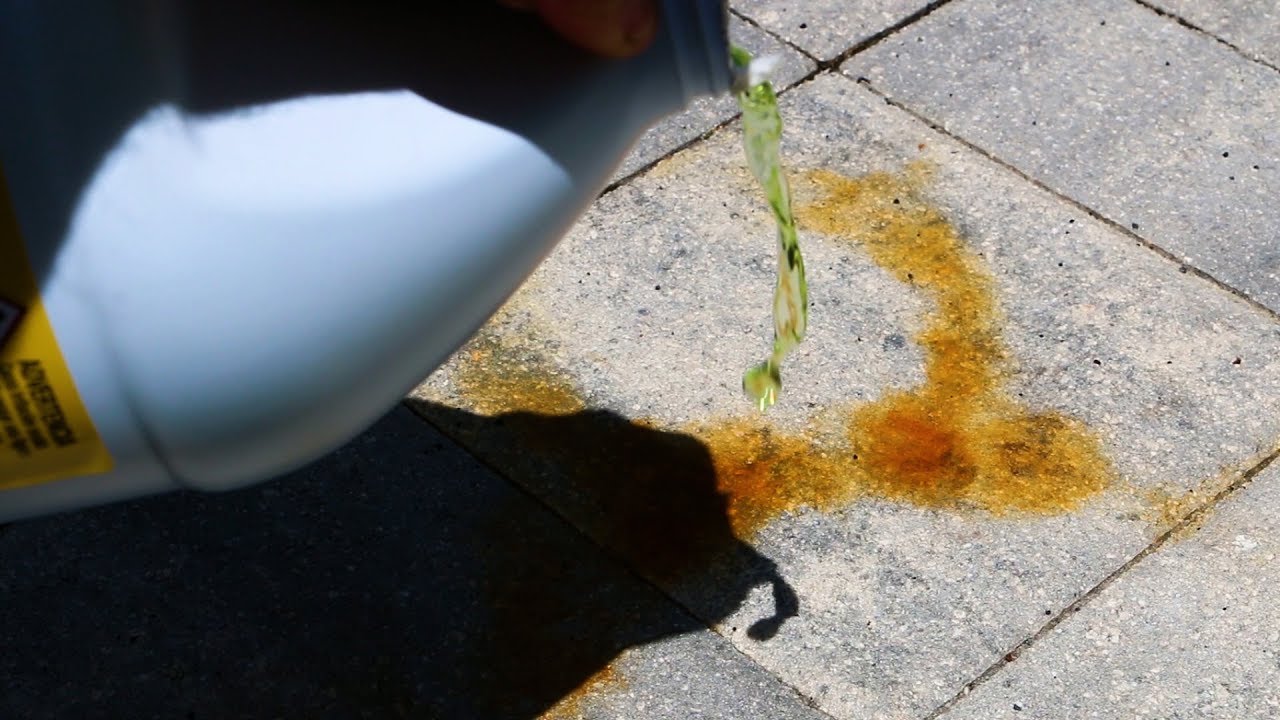
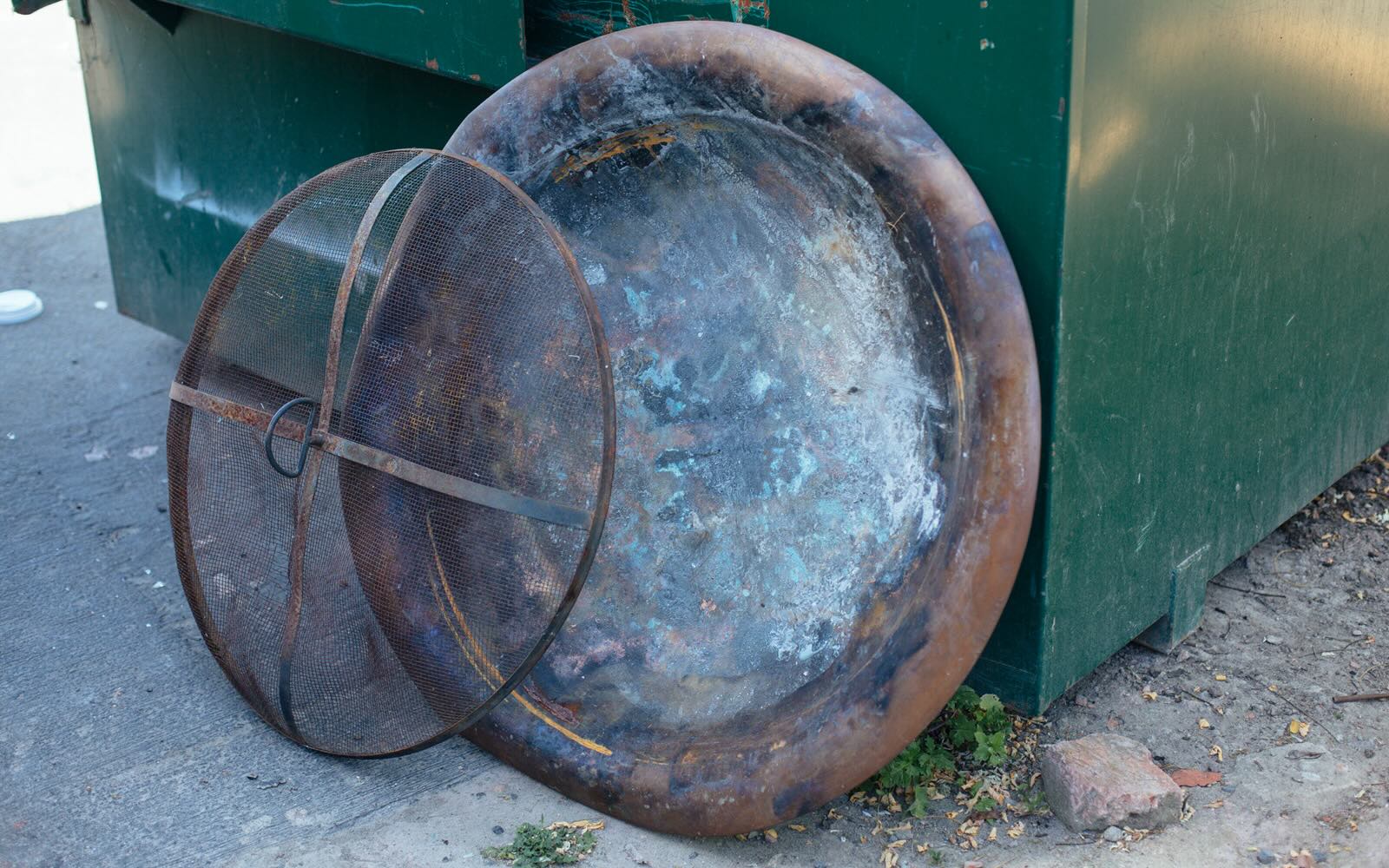
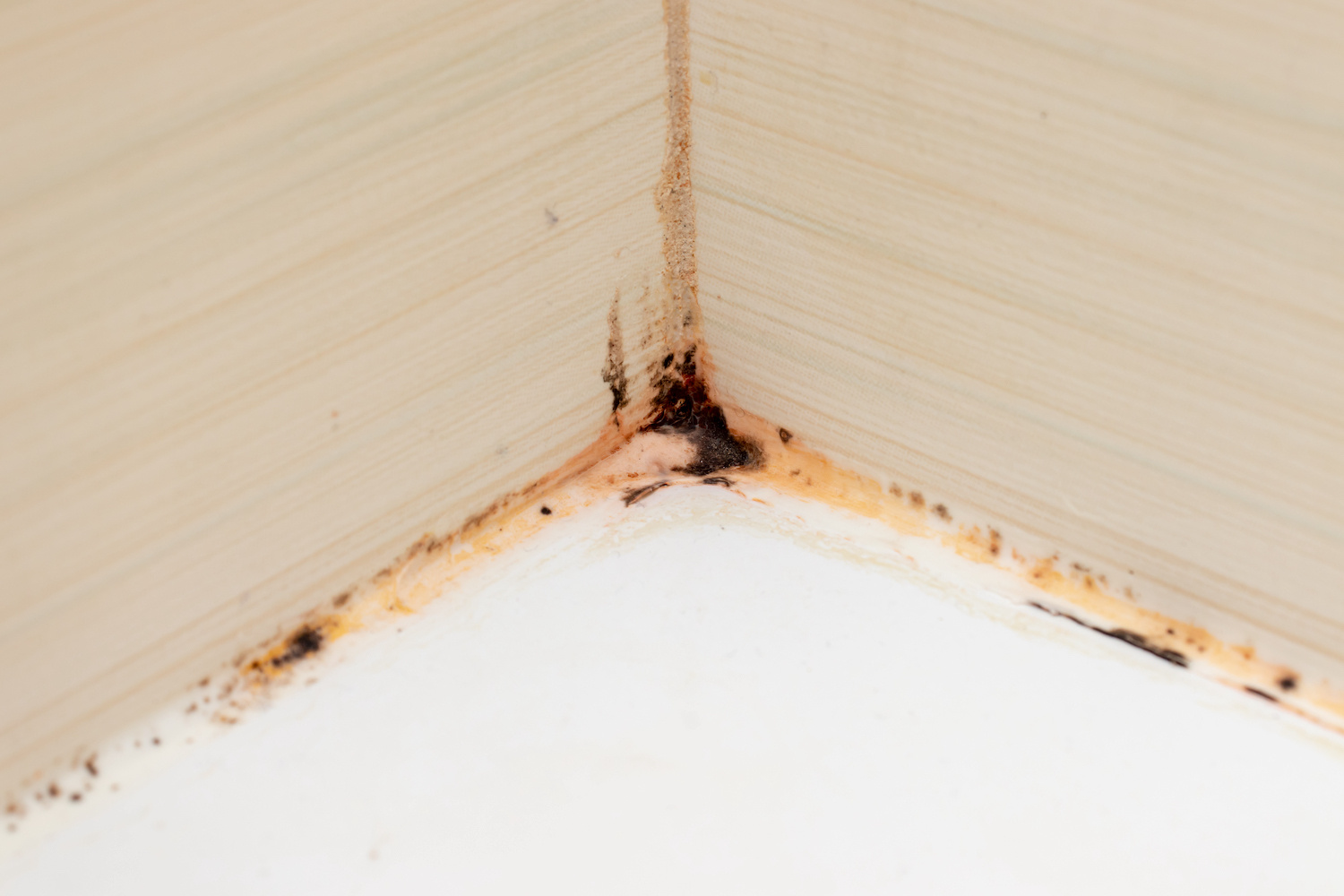
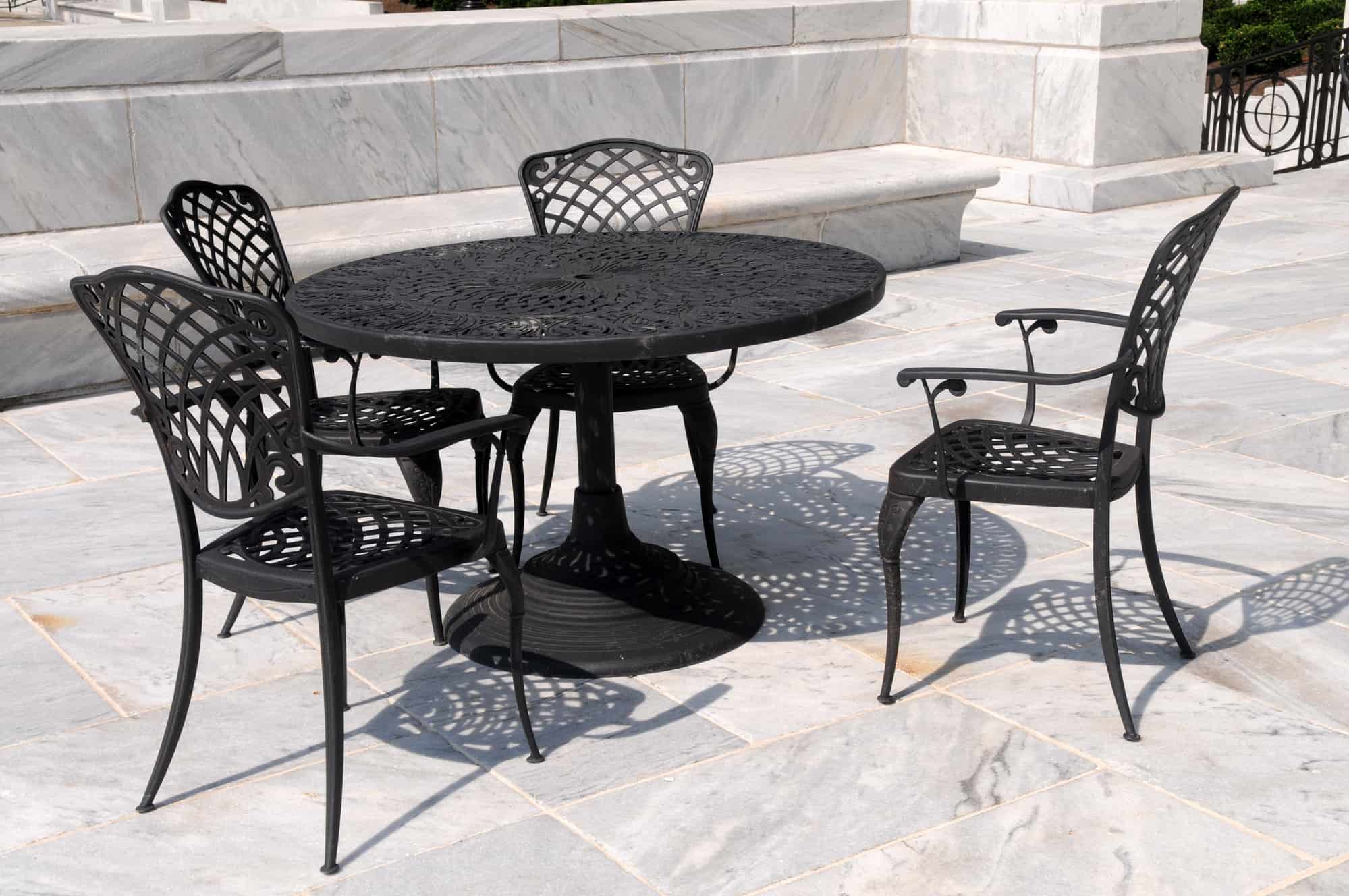
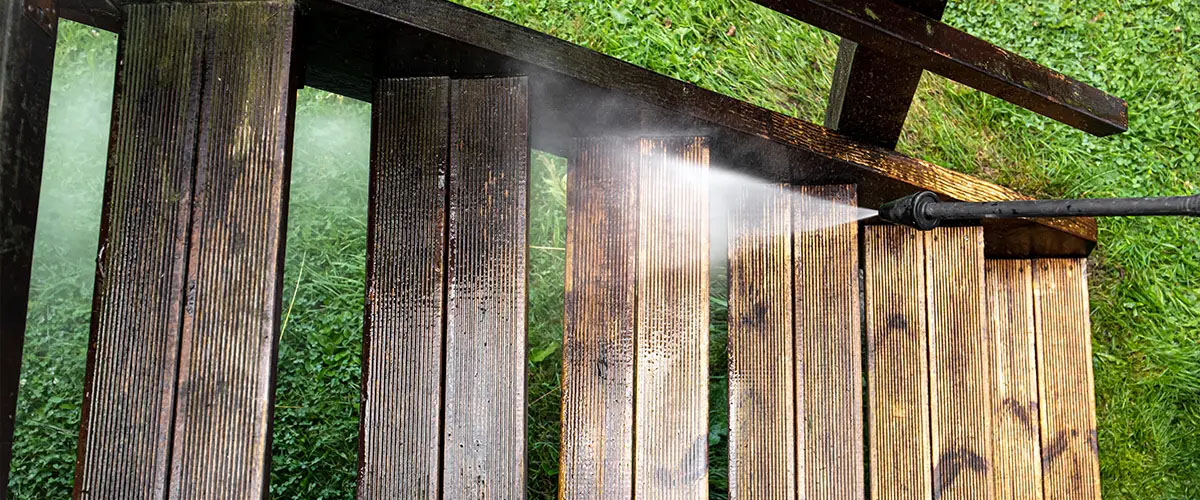
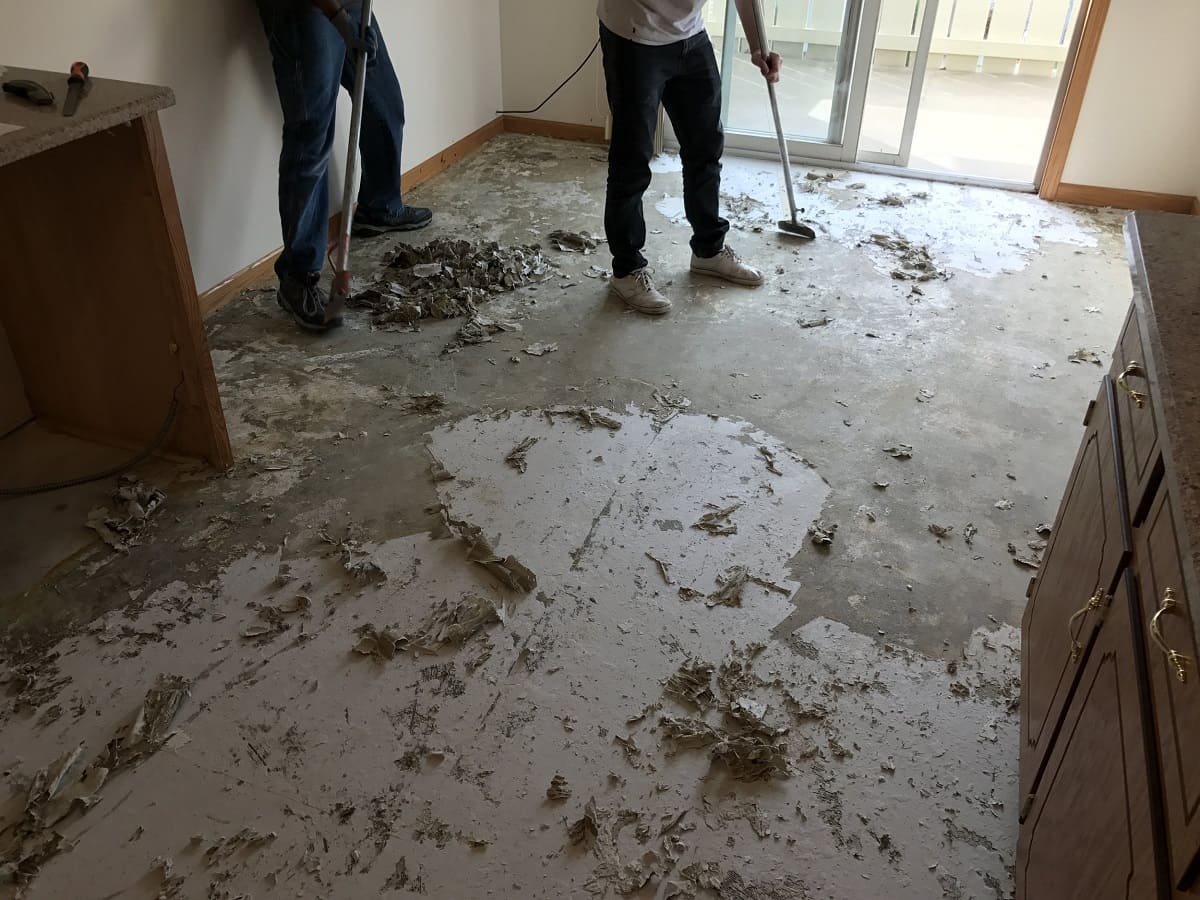
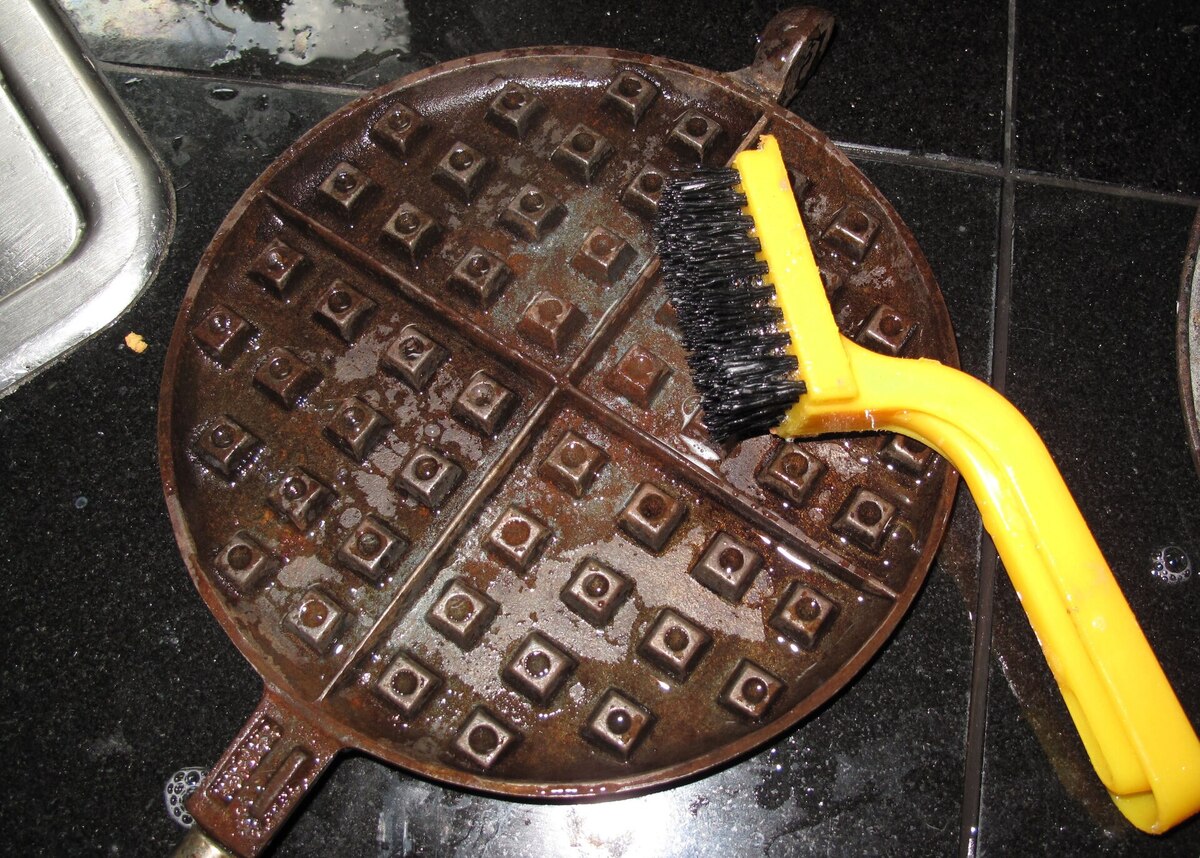
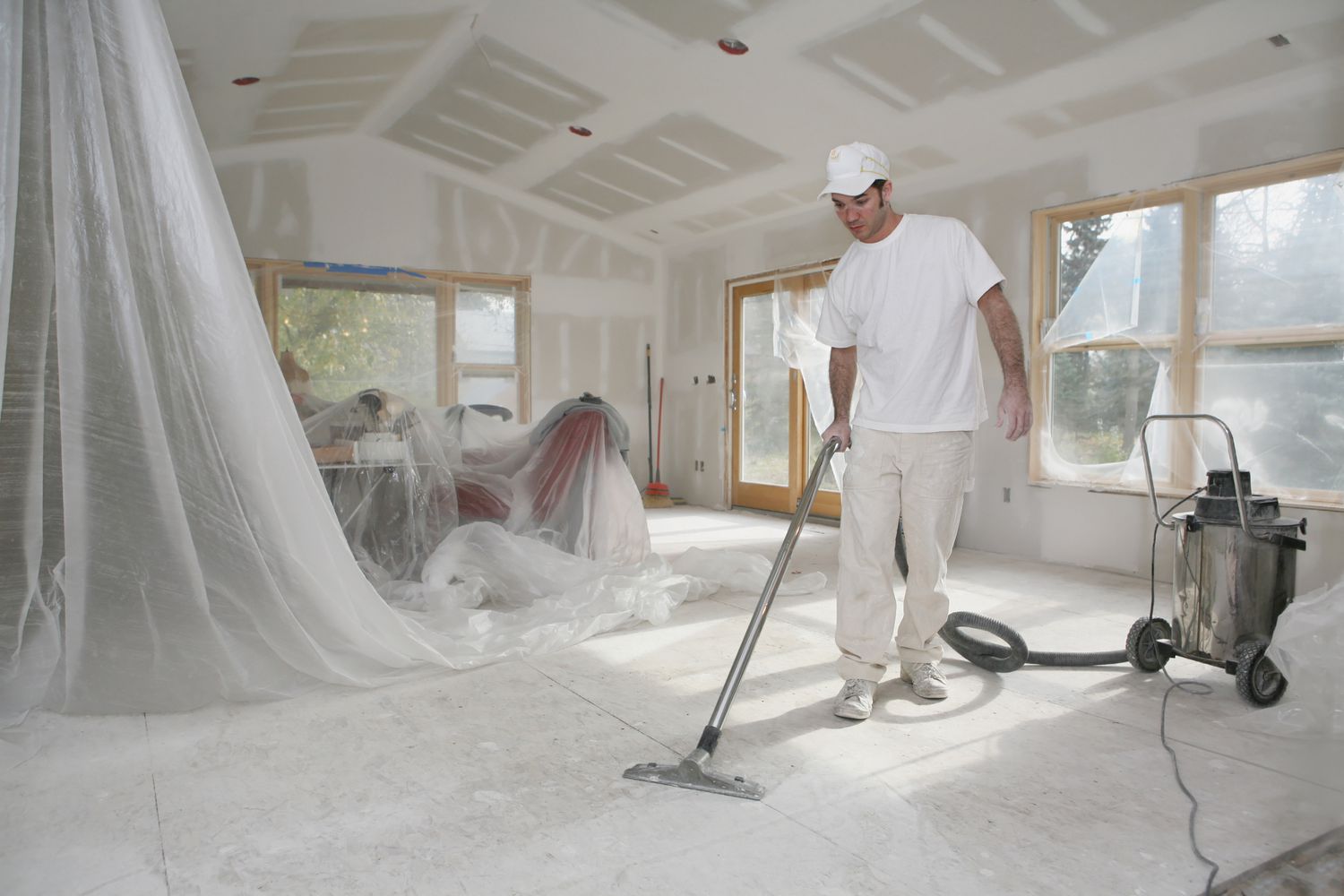
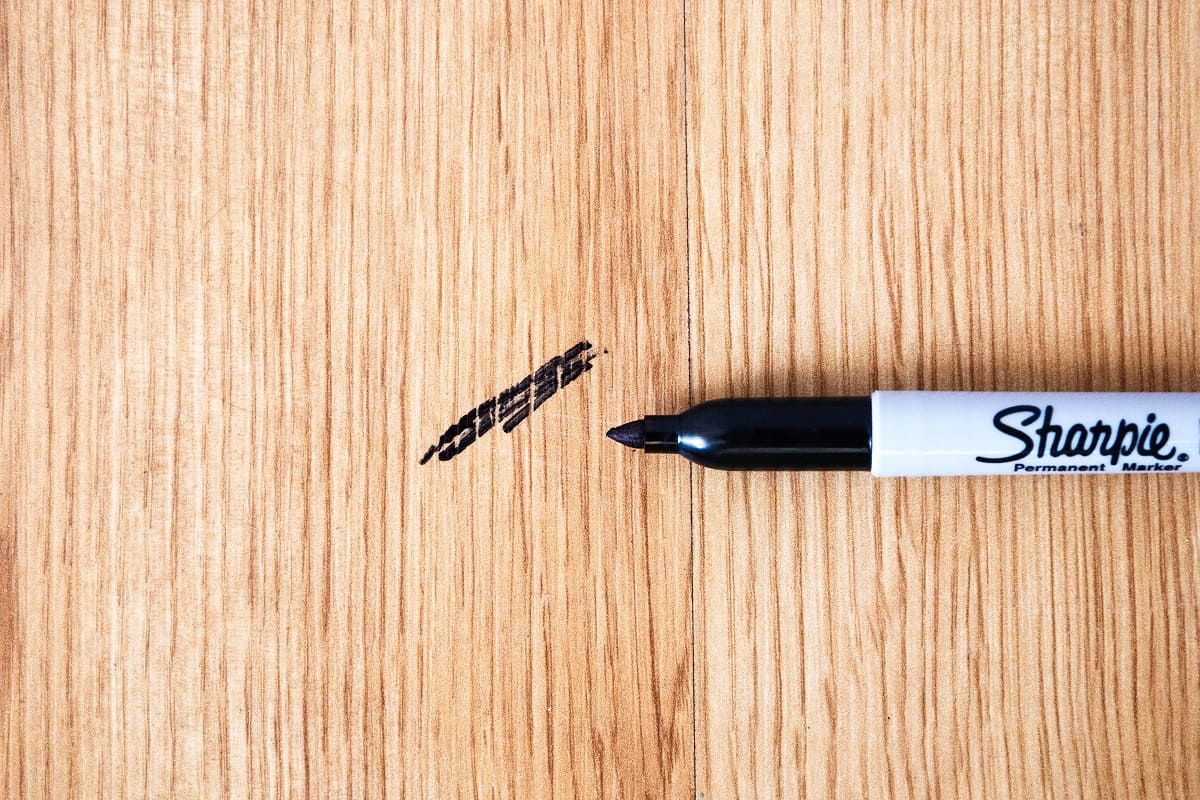
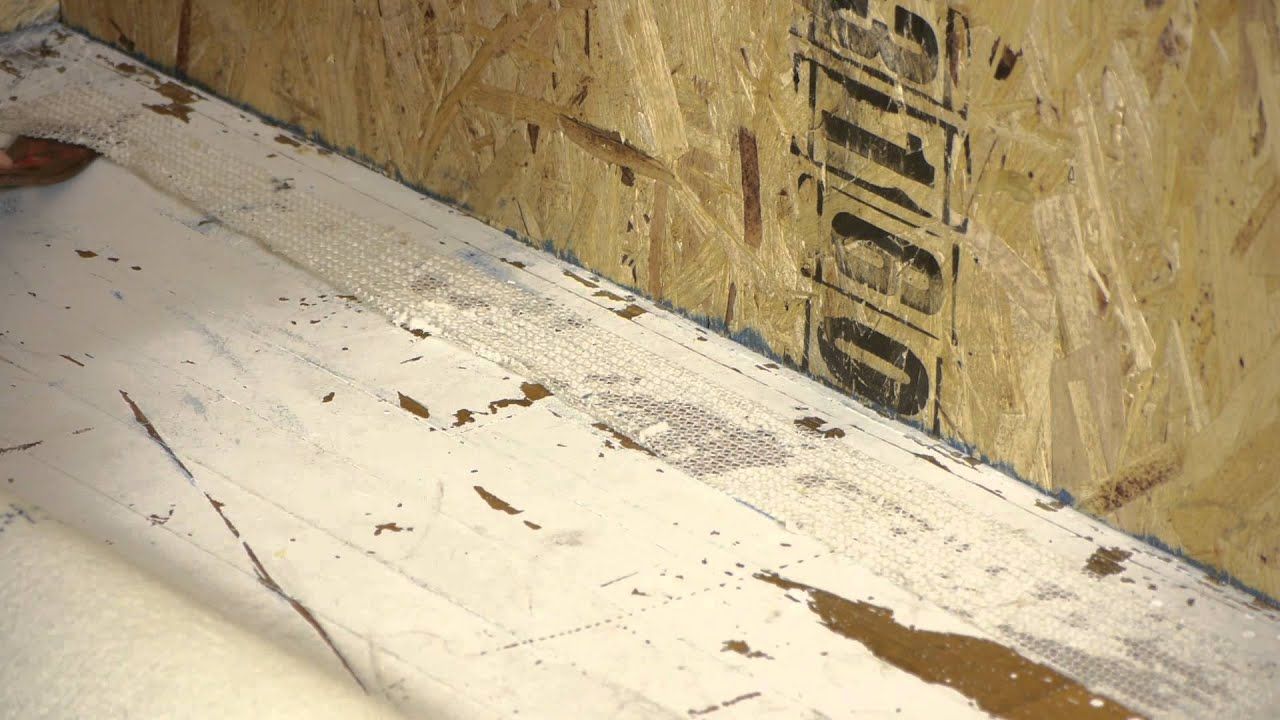
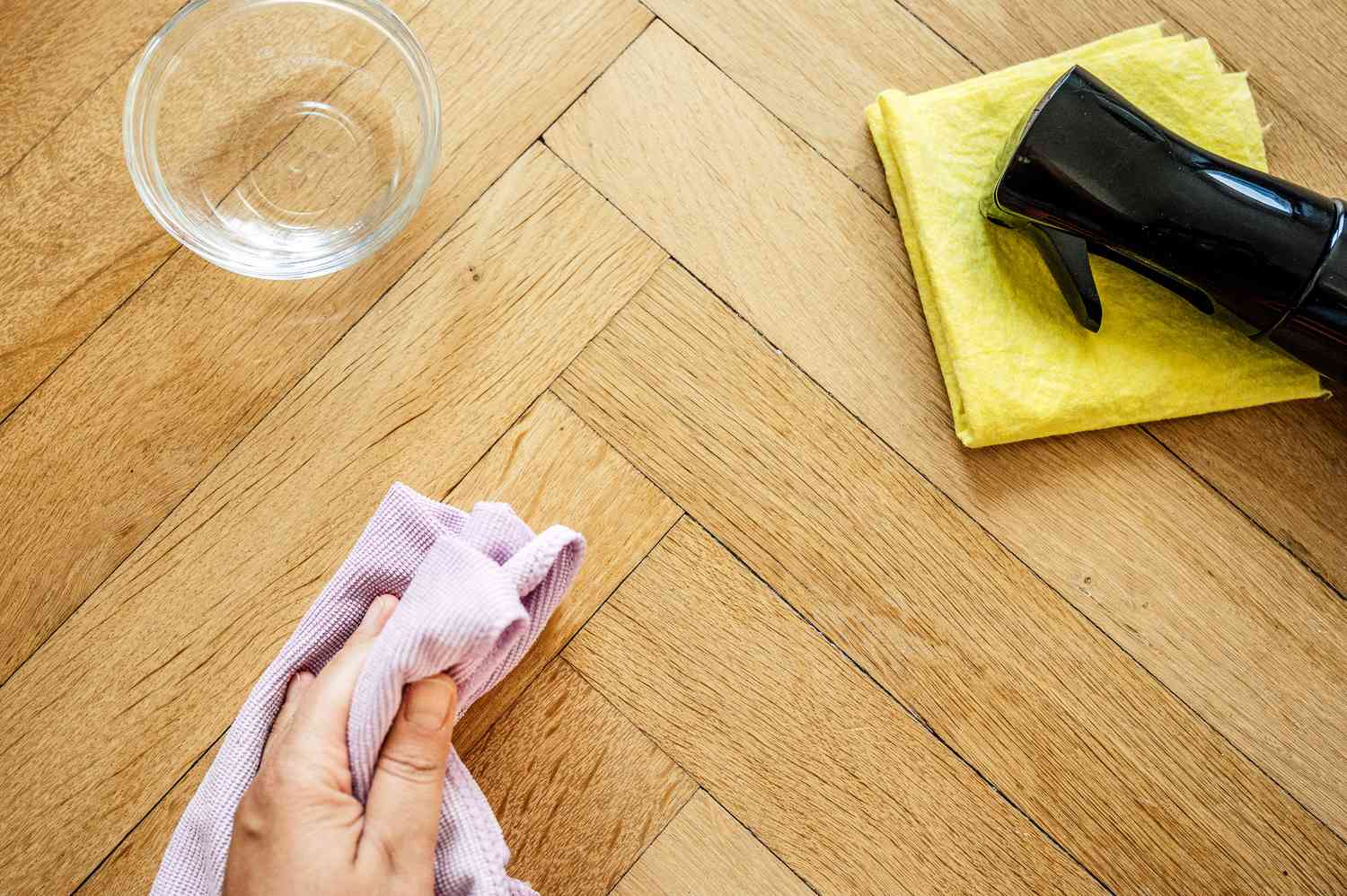

0 thoughts on “How To Get Rust Off Of Tile Floor”